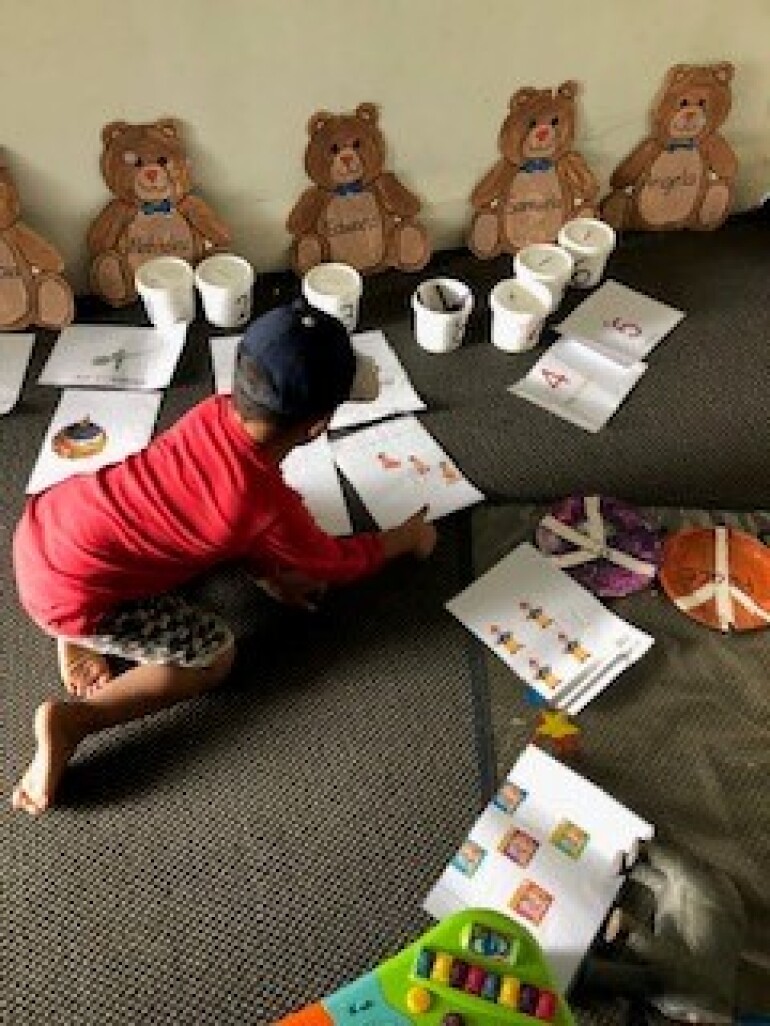News And Events

Early Maths Learning
12 July 2020Between the ages of 2 and 3 children develop their memory for the way things are done and the order in which they happen. This is known as the process, and it is an important aspect of early maths learning. It’s also a fundamental aspect of participating in most everyday events. Explained another way, when a child understands the order in which things happen, they can anticipate what is likely to happen next. When they can anticipate, they can participate.
At this age our children are starting to understand concepts such as big and small, same and different, and the meaning of one and two. They can use this understanding to match objects and are likely to enjoy games and other activities that involve putting similar things together. This skill is also necessary for basic maths learning. You can help a young child become aware of maths concepts by drawing attention to objects which are the same, but are different sizes, colours or shapes.
Here are some other ideas to try when you and your child are playing:
‘Which one’s bigger?’
‘Let’s see if we can build this higher.’
‘Can we all have the same size piece of cake?’
‘Does this cup fit inside that cup?’
‘Let’s put all the red blocks together’
‘Shall we cut this apple in half?’
At this age children are likely to enjoy matching games and activities. The world is full of interesting things, including:
- different coloured pegs, clothes, pencils, blocks, balls, cars, flowers and fruit.
- different sized things — sticks, stones, toys, tins, shells, shoes and hats.
Lots of matching, collecting and sorting activities happen in everyday life. The world is full of things which can be categorised (matched or sorted) in some way. Math skills are just one part of a larger web of skills that our children develop as they grow including language skills, physical skills, and social skills. Each of these skill areas is dependent on and influences the others.


